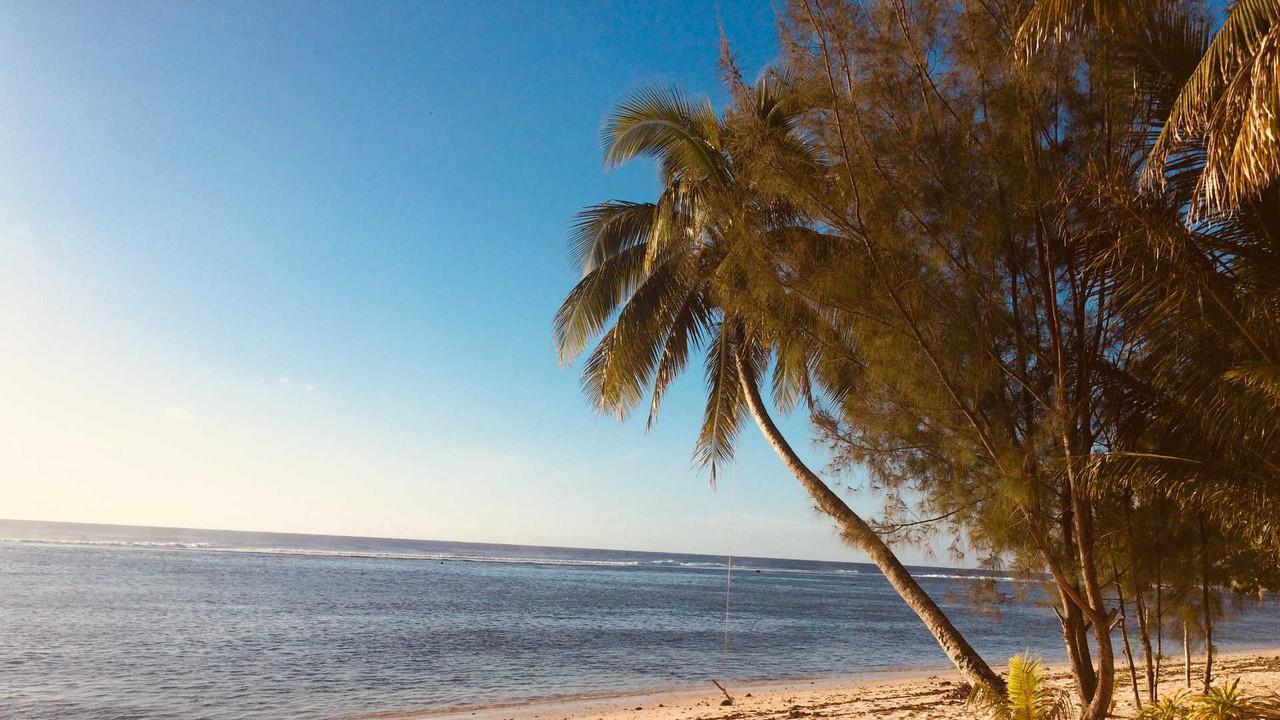Cook Islands
Benefits and Entitlements Overview
Learn about mandatory and optional employee benefits in Cook Islands

Mandatory benefits
In the Cook Islands, there are established minimum requirements for employee benefits to ensure a fair and balanced work environment.
Paid Leave
-
Annual Leave: Employees are entitled to a minimum of 10 working days of paid annual leave for every twelve months of employment. There might be a probationary period before an employee can use this benefit, usually 6 months. Encashment of unused leave is subject to individual employment agreements.
-
Sick Leave: Employees accrue a minimum of 5 paid sick leave days per year. Similar to annual leave, there might be a waiting period before using sick leave. Employers can request a medical certificate after two consecutive days of sick leave.
-
Public Holidays: Employees are entitled to public holiday pay at their ordinary rate of pay. The specific holidays are outlined in the Public Holidays Act 1999.
Important Note: Employers and employees can agree on benefits exceeding these minimums. Be sure to check your employment contract or staff manual for detailed information on leave policies in your specific workplace.
Cook Islands National Superannuation Fund (CINSF)
Employers are required to contribute to the Cook Islands National Superannuation Fund (CINSF) on behalf of their employees. CINSF is a mandatory retirement savings scheme. Membership is compulsory for most employees working in the Cook Islands, with some exceptions.
Additional Considerations
- Minimum Wage: The Cook Islands has a universally mandated minimum wage, reviewed annually by the government.
For a more comprehensive understanding of employment regulations in the Cook Islands, it's recommended to consult the Ministry of Internal Affairs website and the Cook Islands National Superannuation Fund website.
Optional benefits
In the Cook Islands, many employers offer additional perks to attract and retain talent. Here's a breakdown of some commonly offered optional benefits:
Health and Wellness
- Private health insurance: This can help employees cover medical expenses beyond what's provided by the public healthcare system.
- Wellness programs: Employers might offer gym memberships, on-site fitness facilities, or health screenings to promote employee well-being.
Financial Security
- Salary sacrifice schemes: This allows employees to contribute pre-tax salary towards benefits like life insurance or retirement savings, reducing their taxable income.
- Performance bonuses: Employers may offer bonuses based on individual or company performance to incentivize productivity.
Work-Life Balance
- Flexible work arrangements: This could include remote work options, compressed workweeks, or flexi-time schedules to provide employees with more control over their work hours.
- Parental leave: Some employers might offer extended parental leave beyond the statutory minimum.
- Employee assistance programs (EAPs): EAPs offer confidential counseling and support services to help employees manage personal or work-related challenges.
Other Benefits
- Company car or car allowance: This can be a perk for employees who need a vehicle for work or commuting.
- Mobile phone allowance: Employers might contribute to employees' mobile phone plans for business use or personal calls.
- Professional development opportunities: Employers may offer training programs, conferences, or tuition assistance to help employees develop their skills.
- Discounts on company products or services: Employees might receive discounts on products or services offered by their employer.
The availability and specifics of these benefits can vary depending on the size, industry, and financial health of the company.
Health insurance requirements
In the Cook Islands, the Ministry of Health (Te Marae Ora) provides public healthcare services to residents. However, there are no mandatory health insurance requirements for employers to provide to their employees.
Public Healthcare System
The Cook Islands public healthcare system offers a wide range of essential medical services. Residents can access these services for free or at a subsidized cost.
Private Health Insurance
Employer-provided health insurance is not mandatory in the Cook Islands, but some employers may offer it. Private health insurance can help cover medical expenses not covered by the public system or provide access to a wider range of healthcare options.
Travel Medical Insurance
Visitors to the Cook Islands are highly recommended to obtain travel medical insurance, particularly if they are not Cook Islands residents.
Retirement plans
The Cook Islands primarily relies on a mandatory national superannuation scheme for retirement savings. The Cook Islands National Superannuation Fund (CINSF) serves as the main retirement savings vehicle for most employees in the Cook Islands. It's a mandatory scheme requiring contributions from both employers and employees.
Cook Islands National Superannuation Fund (CINSF)
Here's a breakdown of key features of the CINSF:
- Membership: Membership in CINSF is compulsory for most Cook Islands employees, with limited exceptions for certain occupations or short-term contracts.
- Contributions: Both employers and employees contribute a fixed percentage of an employee's salary to the CINSF on a regular basis.
- Benefits: The CINSF offers various benefits upon retirement, including:
- Retirement pension: The primary benefit, providing a regular income stream after retirement.
- Early retirement pension: Available under specific conditions, such as redundancy or ill-health, before the standard retirement age.
- Other benefits may include death benefits, disability benefits, and withdrawal benefits under specific circumstances.
- Retirement Age: Currently, the retirement age to access the full retirement pension is 60 years old. Individuals can choose to defer retirement and continue contributing to the CINSF.
Additional Considerations
The CINSF might not be the sole retirement planning option for everyone. Here are some additional points to consider:
- Voluntary contributions: The CINSF allows voluntary contributions to boost retirement savings beyond mandatory contributions.
- Private schemes: Some employers might offer private retirement plans alongside the CINSF.
- Foreign workers: Foreign workers with short-term contracts may have different contribution and withdrawal options within the CINSF.
For comprehensive and up-to-date information on the CINSF and retirement planning in the Cook Islands, it's recommended to consult the Cook Islands National Superannuation Fund.